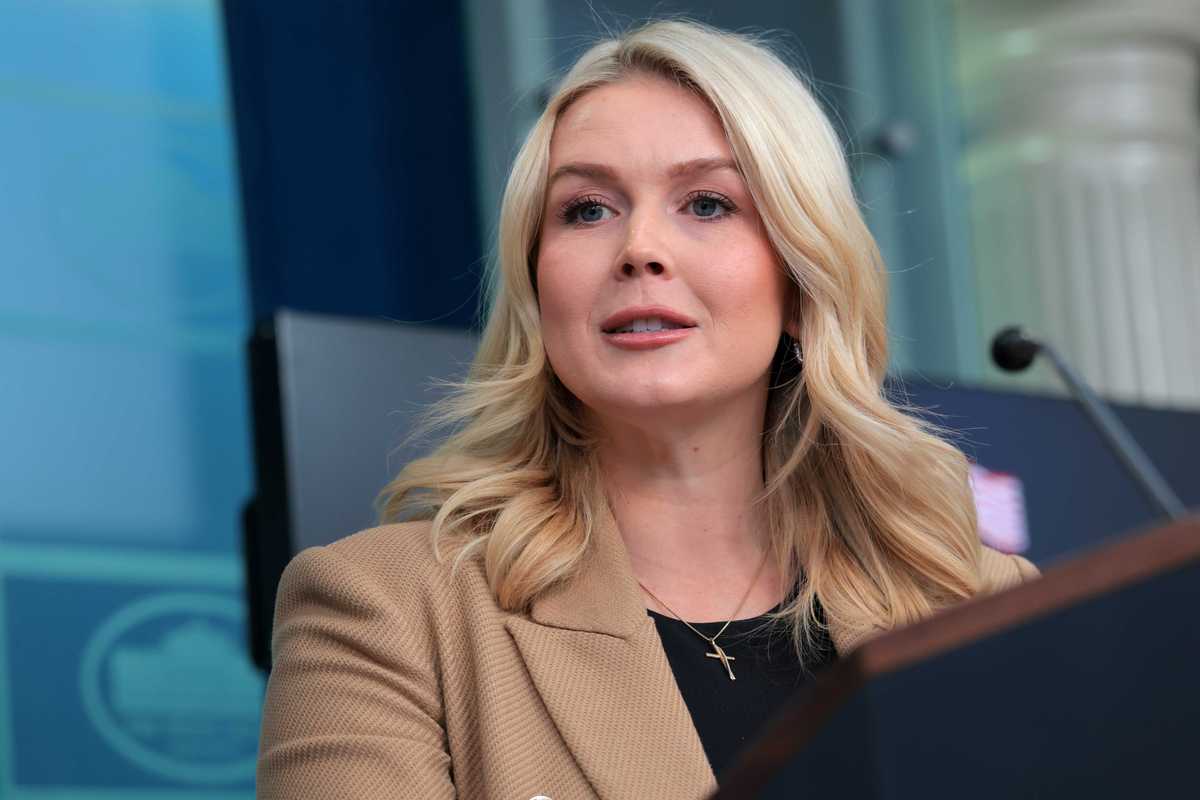Harry Fletcher
Apr 25, 2023
Are microbes the key to global food security?
content.jwplatform.com
There’s nothing like a terrifying science story to turn everything you thought you knew about life on its head.
Already this week, we’ve discovered that microplastics could already be making their way around our brains. If you thought that was disconcerting, new findings have pointed to the impact of flesh-eating microbes.
New research has revealed just how much climate change continues to impact on all areas of science, with the implications of rising temperatures continuing to be felt.
One of the impacts of warmer seas is the spread of flesh-eating bacteria in coastal areas.
Sign up to our new free Indy100 weekly newsletter
A study undertaken by members of a team at the University of East Anglia focuses on the impact of Vibrio vulnificus, which is becoming more virulent along the east coast of the US.
The research states that Vibrio vulnificus infections have risen from 10 to 80 cases a year, and it's expected to rise to 200 by the year 2100.

The species can infect humans and is associated with raw and undercooked seafood. When it comes into contact with open wounds, it can cause potentially fatal necrotizing fasciitis.
It’s incredibly dangerous, with the US Centers for Disease Control and Prevention (CDC) stating that around one in five people with a wound infected by Vibrio vulnificus will die.
The research was undertaken by a team led by geoscientist Elizabeth Archer.
"Greenhouse gas emissions from human activity are changing our climate, and the impacts may be especially acute on the world's coastlines, which provide a major boundary between natural ecosystems and human populations and are an important source of human disease," Archer said.
"We show that by the end of the 21st century, V. vulnificus infections will extend further northward, but how far north will depend upon the degree of further warming and therefore on our future greenhouse gas emissions.”
Have your say in our news democracy. Click the upvote icon at the top of the page to help raise this article through the indy100 rankings.
Top 100
The Conversation (0)














